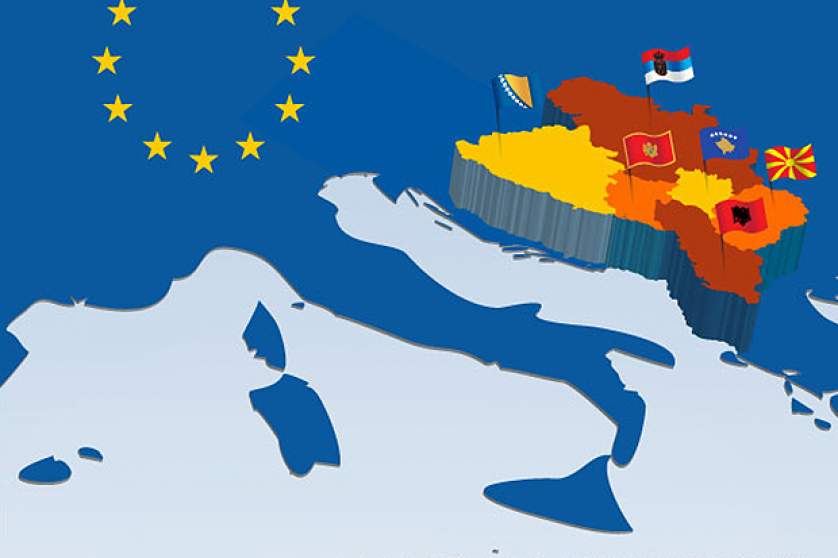Alfredo De Feo
There are dates in history that have an impact on citizens and public opinion. For example, how can we forget March 2020, when almost simultaneously the world stopped due to a pandemic that reminded the whole world of the fragility of human beings especially in a globalized world; or February 22, 2022, when the aggression against Ukraine by Russia broke a balance of peace putting an end to some basic principles of international law such as respect for the sovereignty of a State with the concrete risk not only of extension of the conflict but also the risk of violations of national sovereignty, through military actions or sophisticated cyber interference. Or again October 7, 2023 when the brutal attacks by Hamas against the Israeli people reopened the never-ending Israel-Palestinian conflict, with its burden of massacres and tensions and the risk of destabilizing the entire region with human and economic consequences that are difficult to calculate.
January 20, 2025 could become a date that will be remembered in the history of European countries. The entrance into the White House of the newly re-elected President Trump risks in fact to the life of us Europeans. Obviously we do not know if and how the electoral proclamations will translate into concrete actions and policies, but even admitting that much evidence does not make proof, there are enough reasons to be concerned. I will limit myself to pointing out three concrete threats to which European countries must be ready to give effective responses. These threats are: 1) the introduction of duties on European products, 2) global deregulation from the use/abuse of artificial intelligence, social media and customs clearance of cryptocurrencies and 3) the American military disengagement from Europe.
The issue of duties is what could tempt European states to go and negotiate bilaterally with the American administration. A separate negotiation of the individual states would allow them to extract some concessions but the price to pay would be high both in terms of imports and in increasing American influence on national policies in the various countries. European states should defend their sovereignty by trying to prepare a common response to American initiatives, trying to avoid a trade war, harmful for all, and trying to establish a negotiation to reach a global trade agreement, which can only be achieved with the ability to find objectives shared by all states.
In the technology sector, Europe has a large production delay but has been at the forefront in regulating the use of artificial intelligence (AI act) to allow responsible use for the benefit of consumers and for the defence of copyright. At the same time, measures have been adopted to regulate Digital services and the Digital Market. These measures are aimed at limiting the excessive power of digital platforms, such as Amazon, Facebook, TikTok, Google and others. To this must be added the probable pressure exerted by Trump’s powerful advisor, Elon Musk, to formalize and liberalize the market of cryptocurrencies (he is also the owner of one of these). European states have every interest in regulating the sectors of services and the digital market and cryptocurrencies, so as not to be caught unprepared and resist the probable deregulation pressures that will likely come from the new American administration. Only with a strong position will European states be able to protect their citizens and maintain their national sovereignty.
Finally, the problem of security and protection of the European territory from external attacks. The protection guaranteed so far by the American shield within NATO risks disappearing. The United States has long been asking for a greater financial commitment for defence within NATO, requests that have only found a distracted ear from most European governments. The new American administration risks not making any concessions and forcing European states to increase defence spending.
This poses three types of problems: financial, productive and military. The public finances of almost all states do not have, individually, the resources to sustain expenses, which would also raise strong criticism and resistance from public opinion. The solution could be found, on the model put in place in the post Covid period, in the issuance of common European debt to finance a greater European presence in its military defence.
The second problem is of a productive nature: if the European states do not want to continue financing the American arms industries, they must agree to direct production and towards a reduced number of weapon models, and renouncing their claim to national excellence. This is not easy but essential to invest in European industry as recommended in Enrico Letta’s report.
Finally, the military aspect: the simple coordination of initiatives is not enough. A qualitative leap is necessary, creating decision-making structures capable of taking measures to guarantee the security of our countries and the sovereignty of our States.
If Europe will positively take up the challenges that will come from the United States, the date of January 20, 2025 could be remembered as that of the qualitative leap of Europe, otherwise … better not think about it!
English version edited by Edward Lynch
Published by the Gazzetta di Parma 11/01/2025



